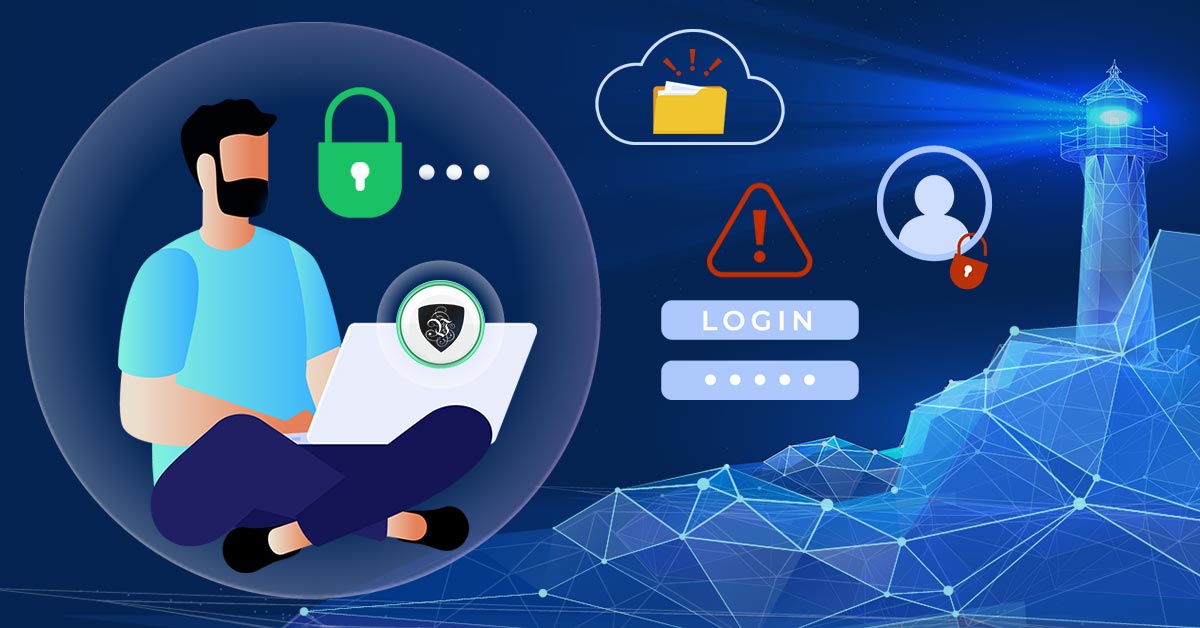The internet has revolutionized the way we live, work, and communicate. We can now access an endless stream of information, connect with people from all over the world, and conduct our daily tasks with just a few clicks. However, as our online presence continues to grow, so do the risks to our privacy and security.
Online privacy has become a top concern for individuals and businesses alike. Cybercriminals are constantly devising new ways to steal sensitive information, and governments are increasingly monitoring online activity. In this article, we’ll discuss tips for protecting your online privacy and digital security in the digital age.
Tip 1: Use a VPN
One of the most effective ways to protect your online privacy is by using a Virtual Private Network (VPN). A VPN encrypts your internet connection and routes it through a secure server, protecting your data from prying eyes. With Le VPN, you can choose from over 100 server locations and enjoy a 30-day money-back guarantee.
Tip 2: Be Careful What You Share
It’s important to be cautious about what information you share online. Social media platforms, in particular, can be a treasure trove of personal information that cybercriminals can use to steal your identity. Make sure to review your privacy settings regularly and only share information with trusted sources.
Tip 3: Use Strong Passwords
Using strong, unique passwords for each of your online accounts is critical to protecting your digital security. Avoid using easily guessable passwords such as “password123” or your birthdate. Instead, use a combination of uppercase and lowercase letters, numbers, and special characters.
Tip 4: Keep Your Software Up-to-Date
Keeping your software up-to-date is an important step in protecting your digital security. Software updates often include security patches that address known vulnerabilities, making it harder for cybercriminals to exploit them. Set your software to update automatically if possible.
Tip 5: Use Two-Factor Authentication
Two-factor authentication adds an extra layer of security to your online accounts. With two-factor authentication, you’ll need to provide a second piece of information, such as a code sent to your phone or an app, in addition to your password to log in to your account.
Tip 6: Be Careful When Using Public Wi-Fi
Public Wi-Fi can be convenient, but it’s also a security risk. Hackers can easily intercept data sent over public Wi-Fi networks, potentially stealing your personal information. If you must use public Wi-Fi, use a VPN to encrypt your connection.
In conclusion, protecting your online privacy and digital security is more important than ever in the digital age. By following these tips, you can help safeguard your personal information and stay safe online. Remember, using a VPN like Le VPN can be a powerful tool in your cybersecurity arsenal. Stay vigilant and stay safe online!
SUMMER SALE
First 3 years for $2.22/mo
NO LOGS
100+ LOCATIONS
P2P ALLOWED
Easy To Use
30-Day Money Back
Friendly Support
Bitcoin Accepted
Ultra High Speeds



